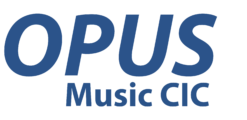
OPUS Music Care Training at Mansfield Community Hospital
A Day of Music and Inspiration
OPUS Music recently delivered an invigorating and deeply engaging Music Care training session at Mansfield Community Hospital, as part of our ongoing partnership with Sherwood Forest Hospitals NHS Foundation Trust (SFHFT). Led by longstanding OPUS musicians Sarah Matthews and Oli Matthews, the session was designed to explore how music can enrich patient care, enhance the hospital environment, and support the wellbeing of staff and visitors alike.
The training brought together 15 care staff members—including Healthcare Assistants, Therapists, and Volunteers—from across the Sherwood Forest Hospitals Foundation Trust. It was a day filled with music-making, lively discussions, and thoughtful reflection, all with the goal of embedding more music into the daily routines of care staff across the Trust.
A Musical Approach to Care
Sarah Matthews, reflecting on the experience, captured the spirit of the day perfectly:
“We were working with 15 members of care staff, including Healthcare Assistants, Therapists, and Volunteers, from across the Sherwood Forest Hospitals Foundation Trust. The day included exploring making music with instruments and voices, lively discussion around relevant daily care environments and relating music to those experiences, and deep reflection and planning for what might be possible for future music within their care roles. What an amazing day!”
This session was part of our ongoing effort to transform hospitals into more musical, healing environments. By introducing simple, accessible musical practices into care, staff can create more positive, calming atmospheres that benefit both patients and caregivers. The training encouraged participants to explore music’s potential, not just as a form of entertainment, but as a tool for communication, comfort, and connection.
Kerry, a Critical Care Nurse from Kings Mill Hospital, found the day particularly enlightening:
“And it’s been an absolutely enlightening, brilliant day where we learned how empowering it is to bring music and percussion to the outstanding care that we deliver to our patients every day.”
Inspiring Change
OPUS Music’s work with Sherwood Forest Hospitals is supported by charitable funds, which have made it possible for us to run these transformative sessions. Jo Thornley, Community Involvement Manager at Sherwood Forest Hospitals NHS Foundation Trust, expressed her delight in seeing the positive impact of our training on both staff and patients:
“I am delighted to have been involved with such an inspiring team. Everyone at OPUS has been a pleasure to work with, and it is amazing to see the positive impact that their visits and training sessions have on everyone involved. This programme is a great example of how charitable funds can be utilised to enrich the patient and visitor experience in our hospitals as well as support the wellbeing of our staff.”
Tailoring Music to Care Environments
Each OPUS Music training session is unique, shaped by the specific needs and experiences of the staff in the room. Genny Cotroneo, OPUS Music’s Training and Learning Manager, explained how the team ensures the sessions are relevant and practical for everyone:
“It’s important to us at OPUS that everyone in the room finds techniques that are relatable to their wards, so each training day is different depending on the staff in the room. In this session, we had therapists and support staff from all three Mansfield Community Hospital wards and the Acute Critical Care Unit, along with volunteers from King’s Mill Hospital. Although everyone’s experiences are all so different, it is clear that patient care is the priority for everyone at SFH, and there were some great conversations about the benefit of adding more music into their wards. Everyone at Mansfield Community Hospital was warm and accommodating, making it a lovely environment for learning.”
Lauren, a Critical Care Occupational Therapist from Kings Mill Hospital, shared her perspective on the practical applications of music in care:
“From an occupational therapy perspective, it’s been a great opportunity to look at how we can actually apply music to our day-to-day practice. It’s a great opportunity for patients to actually get hands on with the musical instruments as well as singing and even a bit of dancing if they want to. So it’s a great form of rehab for our patients here at Kings Mill Hospital.”
Music as a Therapeutic Tool
The staff at Mansfield Community Hospital embraced the potential of music, and many were inspired by the idea that music doesn’t always have to be loud or complex to be effective. Ros Roddy, Matron at Mansfield Community Hospital, highlighted this realization:
“Staff at Mansfield Community Hospital found the training inspiring and exhilarating. They didn’t realise that music can be silent; it does not have to be loud and banging, it can be calm and soothing to be therapeutic to meet the mood of the patient.”
This insight is central to OPUS Music’s approach: music as a flexible, adaptable tool that can be tailored to the needs of each individual. Whether it’s a quiet, reflective moment with a patient or an upbeat, energising atmosphere for group activities, music can play a vital role in the holistic care of patients.
Continuing the Journey
Our work with Sherwood Forest Hospitals NHS Foundation Trust is an ongoing partnership aimed at creating a “musical hospital”—a place where music is embedded into the fabric of care. By equipping staff with the skills and confidence to incorporate music into their daily routines, we are helping to enhance the health and wellbeing of patients, families, and staff.
Thanks to our ongoing partnerships with Room 217 in Canada we were able to deliver this Music Care training.
We look forward to more inspiring sessions like this one as we continue our journey to make music an integral part of healthcare, and we will continue to work with these staff on embedding the use of music as part of their Music Care training.
“It was such an inspiring day and interesting to learn that music can be quiet and soft but also noisy and change depending on the patient”







